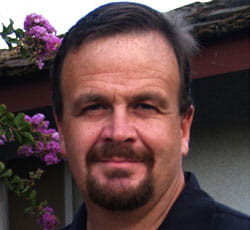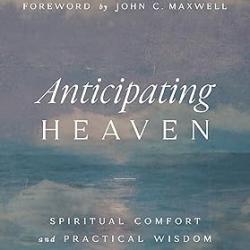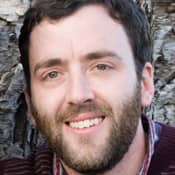 Bradley Wright, a sociologist at the University of Connecticut, has developed the unusual habit of dispensing good news about world affairs. Amidst dire declarations of financial meltdowns, rising poverty, increased warfare, and crumbling social institutions like marriage and church, Wright declares that the best available data are telling a very different story.
Bradley Wright, a sociologist at the University of Connecticut, has developed the unusual habit of dispensing good news about world affairs. Amidst dire declarations of financial meltdowns, rising poverty, increased warfare, and crumbling social institutions like marriage and church, Wright declares that the best available data are telling a very different story.
His first book, Christians Are Hate-Filled Hypocrites...and Other Lies You've Been Told, argued that evangelicals are far more well-liked than the media (including Christian media) has led them to believe—and, more importantly, that they're living closer to Christian ideals. His new book, Upside, argues that the United States as a whole is on the right track—for the most part. Are we facing social, financial, religious, and environmental crises? Sure. But Wright says we have misunderstood the nature and scope of those problems. (Visit the Patheos Book Club for more on Upside.)
Patheos' Patton Dodd spoke with Wright about his work.
In the first chapter, you stipulate that the world is getting better and not worse. You also mention that you enjoy megachurch services that feature rock guitars and fog machines—which always leave me grumpy. Maybe you just have a really sunny disposition?
(Laughs) I'm fairly easily amused, but I don't think of myself as having a sunny disposition. I think of myself as driven by data. And much of the data are good, if you take the time to look.
You write about overcoming the Optimism Gap. What is that?
There is this funny paradox: people tend to think that their own lives are getting better over time, but they think [society] is getting worse. Are your finances getting better over time? Yes. Is the economy getting better over time? No. Is your family getting better over time? Yes. Are American family relationships getting better? No. One psychologist referred to it as, "The grass is browner on the other side."
That's actually a distressing account of human nature—we're narcissistic and we're dour.
It speaks to the difficulty of generalizing beyond our own experiences. It's hard to know what's going on in the world from our own single vantage point. That's why I'm so sold on data collected in rigorously sampled studies.
The data you're drawing on are publicly available, and many sociologists would be familiar with these numbers. But is your interpretation of them one that's widely shared in your field?
No. Sociologists have an incentive to emphasize the bad news. If you want to get a grant, find a social problem to solve. If you want to get published, it helps to solve a social problem.
You're writing here as an evangelical, and I got to thinking about what your fellow evangelicals would find the most surprising in your book. I think it has to be your description of overall gains in marriage and family life.
Well, of the 8 or 10 big topics I covered, that's the one that our society is having the most difficulty with. We're talking about silver linings on dark clouds, rather than silver clouds with dark linings.
Divorce rates shot up over the last 40-50 years. Cohabitation rates—same thing.
Abortion rates—much higher now than in the 1970s. Having kids raised without both parents—that's increased a lot too.
The silver lining is that these trends seemed to have peaked about 20 years ago. The divorce rate has been dropping slowly but steadily for a couple decades. The abortion rate has been going down for 30 years. Not having two parents has plateaued in the last ten years. So I don't want to put a sunny picture on this, but I do want to say that it's doesn't seem to be getting worse at this moment. Although I would say things are not great.
How do we distinguish real crises from overblown ones?
There are two general areas where I see Americans having problems: Excessive consumption and weakened social relationships. And so I call us to simplify our lives and also to further entangle ourselves with other people.
But we've done a great disservice by making a big problem of everything. If everything is the next world-crushing problem, then nothing is, because we don't know what to focus on. So there are things getting worse in society, but we need to know what those are in order to deal with them effectively.





